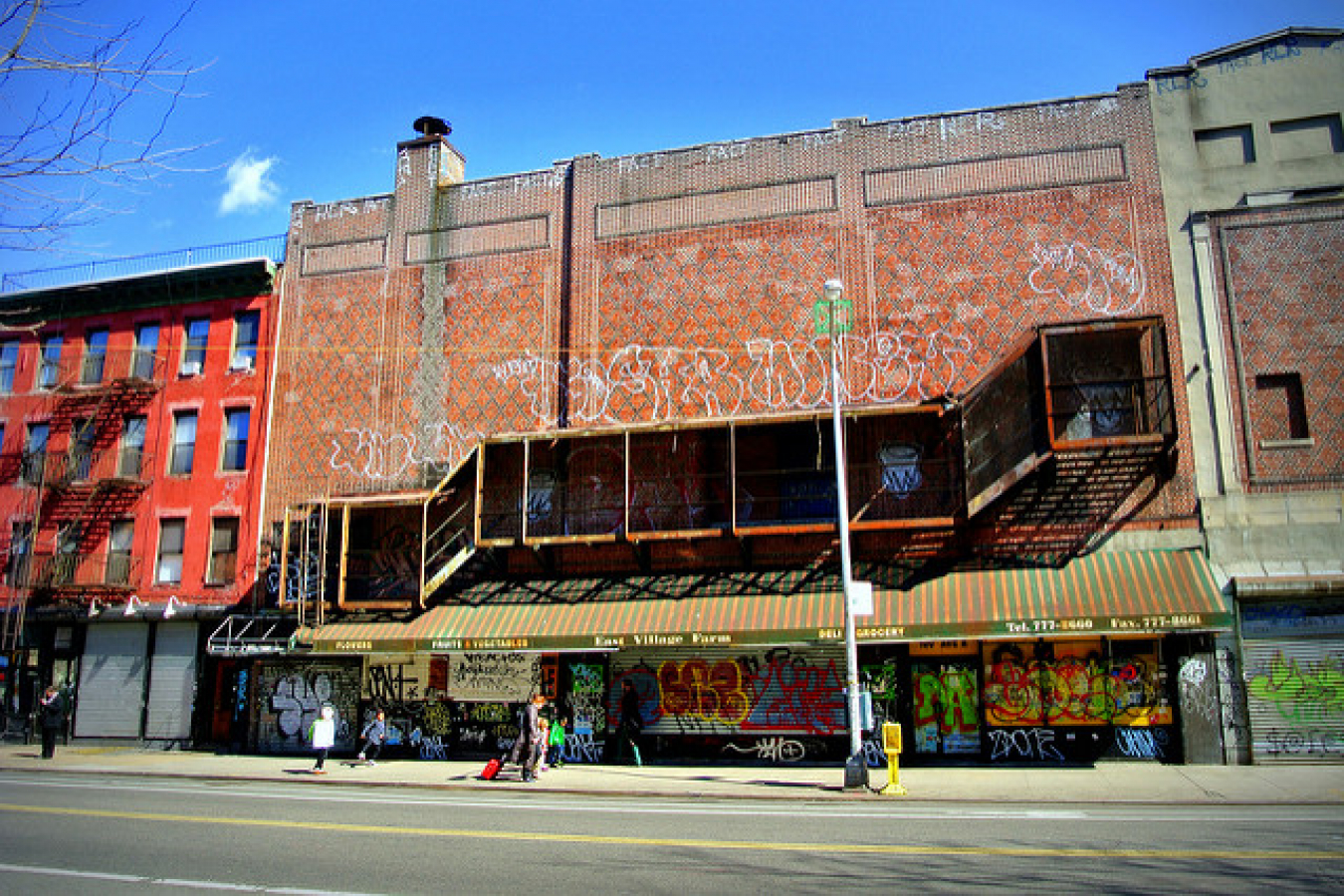An immigration researcher has condemned US officials for allowing a man who, unknowingly, was carrying the ebola virus to enter the United States. Jessica Vaughn is a researcher from the Center for Immigration Studies in Washington, an organisation who want to see a reduction in migration to the US.
Vaughn said the government has failed on two counts – firstly for issuing Thomas Eric Duncan with a visitor's visa last year, when he posed a high risk of remaining in the US illegally; and secondly for allowing someone who had recently visited Liberia, which is at the centre of the Ebola outbreak, to enter the US without adequate screening.
B1/B2 Visitor visa
Vaughn argued that Duncan, a Liberian national, should never have received a B1/B2 visitor visa, as his circumstances indicate that he was at high risk of remaining in the US once his visa had expired. He was reportedly single, unemployed, living away from home, and already had a number of relatives who had moved to the US.
She said 'If you look at his circumstances, it should have been really tough for him to qualify for a visa... He clearly appears unqualified.'
Vaughn also said that Liberian nationals have one of the highest rates of 'visa overstays' in the United States. In 2012 there were allegedly 148 Liberian visitors who had remained in the US illegally after their visas had expired.
Visitors to the US can currently enter on a B1 visa which is for business purposes, or a B2 visa which is for tourism or pleasure. Usually a joint B-1/B-2 visa is issued. This is the type of visa that Duncan would have come under.
Screening
Vaughn's second argument was that even with Duncan holding a legal visa to enter the US, he should still have been subject to a thorough screening process, as should any visitor from an Ebola-affected country.
Further to this, Vaughn even suggested banning all visitors from Liberia, Guinea, and Sierra Leone – the three countries affected by the Ebola outbreak. Other countries including Kenya and other African countries have already carried out this measure. Under US law, the government would be perfectly entitled to ban individuals, if they were considered to be a threat to public health or safety.
However, Vaughn has faced criticism from other experts, who disagree with both arguments she has put forward.
Doris Meissner, a former government immigration official from the Clinton administration argued that the US visa processes were all revamped following 9/11, and that the current measures are rigorous enough. She said 'These decisions are made on the totality of information about a person. It is a highly professional function that was dramatically revamped after the lapses that preceded 9/11,'
She also added that closing borders and banning travel to a disease-stricken country can actually worsen the problem, as aid workers and response teams would be unable to travel those regions, and so would be unable to deal with the source of the outbreak.
White House spokesman Josh Earnest also reiterated that a travel ban would be unnecessary, and that he was confident the government had taken adequate precautions to contain the virus. 'We can stop the spread of ebola in its tracks,' he said.
Protocols
Emergency protocols have already been put in place, including additional screening for passengers travelling from ebola affected countries.
It is thought that Thomas Eric Duncan did not truthfully answer questions about his state of health and other questions at the airport screening process. One of the questions asked was whether he had cared for anyone affected by ebola, or had touched the body of anyone who had died in relation to the disease. The New York Times reported that Mr Duncan helped carry a neighbour's pregnant daughter, who was dying from Ebola, however Mr Duncan failed to declare this at the airport.
Despite receiving treatment at a hospital in Dallas, Mr Duncan has since died from the disease. Rumours are now emerging that he may have come to the US seeking treatment, knowing that he'd been exposed to ebola.




